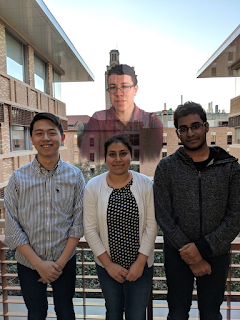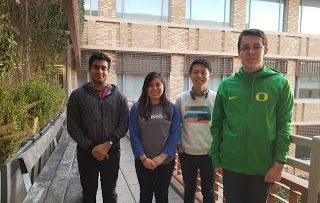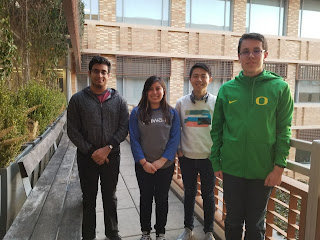Microtransactions & Lootboxes in Games

(Alan, Danely, Xeon, Sriram) As the video-game industry reached the widespread popularity it is known for today, the overall cost of developing a video game grew, both for large studios and indie-developers. To account for this, many developers started to implement ways of monetization inside their games. These purchases usually cost lower than the game, and as such are called micro-transactions. However, there are many issues that rose from the advent of micro-transactions. One of these issues can be seen in the launch of the popular first-person-shooter game Star Wars: Battlefront II, a game released by Electronic Arts in 2017. The game, while lauded for its beautiful graphics and satisfying gameplay, came under extreme fire throughout the internet for what many saw as extreme monetization at the expense of user experience. Users have repeatedly criticized the difficulty of game progression due to the need to “grind” (spend an extended period of time to acquire in-game bene



